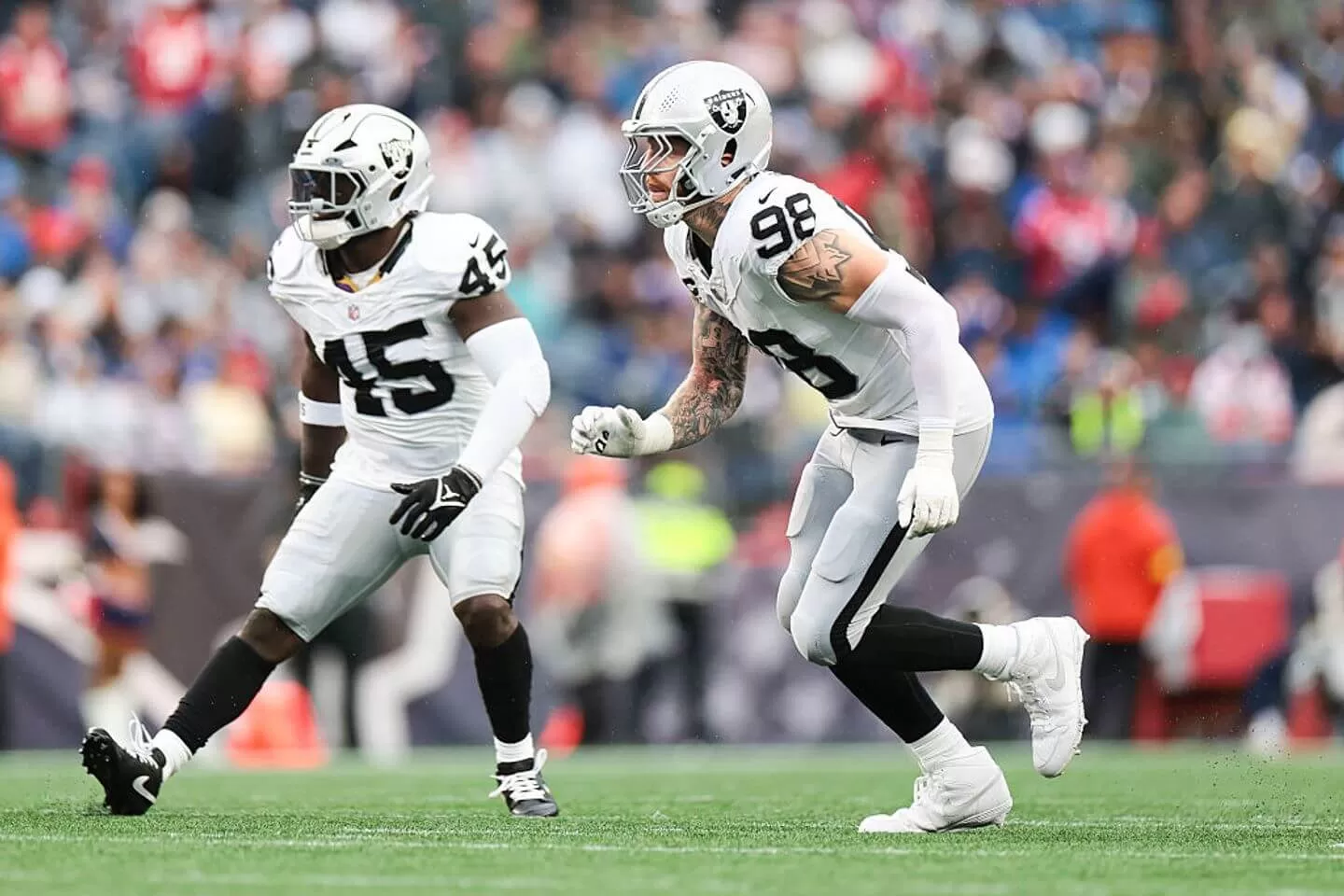The Dangerous Dance: Political Rhetoric, Violence, and the Voices That Fuel the Fire
Share- Nishadil
- September 16, 2025
- 0 Comments
- 3 minutes read
- 33 Views

Navigating the Perilous Edge: Political Rhetoric, Violence, and the Role of Influential Voices
Examining how the intense rhetoric from figures like Donald Trump and Charlie Kirk might contribute to political polarization and the growing concerns about violence, emphasizing the need for responsible public discourse.
In an increasingly polarized political landscape, the line between passionate debate and dangerous incitement appears to be blurring. Recent discussions, particularly those involving figures like Donald Trump and commentators such as Charlie Kirk, have thrust the spotlight onto the profound impact of political rhetoric and its potential to inadvertently, or even explicitly, foster an environment where violence seems like an acceptable outcome.
A CNN report highlighted a growing concern among political analysts and civil society groups: the escalating intensity of language used by some prominent voices on the political stage.
This isn't merely about strong opinions; it's about the kind of language that can be interpreted as legitimizing aggression against political opponents, sowing deep distrust in democratic institutions, and ultimately, chipping away at the foundations of peaceful discourse.
Donald Trump's rallies and public statements have long been scrutinized for their confrontational nature and for employing terms that, critics argue, dehumanize opponents and encourage a 'us vs.
them' mentality. While supporters often view this as robust, no-holds-barred political combat, detractors point to a pattern where such rhetoric has, at times, preceded acts of political violence or threats against public officials and election workers.
Similarly, figures like Charlie Kirk, through platforms like Turning Point USA and his various media appearances, command a significant audience.
His commentary, often characterized by sharp critiques of the left and calls for an uncompromising conservative stance, is seen by some as vital for mobilizing a base. However, concerns have been raised about how some of his more charged statements might be perceived by those on the fringes, potentially emboldening individuals who are already prone to extremist views.
The critical question remains: where does free speech end and incitement begin? Legal definitions are clear, but the societal impact of rhetoric operates on a more complex plane.
Even without directly calling for violence, language that demonizes, trivializes harm, or repeatedly suggests that political opponents are existential threats can slowly erode norms against violence. It creates a fertile ground for radicalization, even if unintended.
Experts suggest a dire need for political leaders and commentators across the spectrum to exercise greater responsibility in their public discourse.
The stakes are too high. A healthy democracy thrives on robust debate and disagreement, but it cannot survive if political differences are consistently framed as battles for survival, where the vanquishing of an 'enemy' is the only acceptable outcome. The integrity of democratic processes and the safety of citizens depend on a collective commitment to de-escalate the rhetoric and prioritize civil engagement over inflammatory speech.
The path forward requires not just careful wording, but a genuine shift towards understanding and respecting the inherent value of diverse political views, even in disagreement.
.Disclaimer: This article was generated in part using artificial intelligence and may contain errors or omissions. The content is provided for informational purposes only and does not constitute professional advice. We makes no representations or warranties regarding its accuracy, completeness, or reliability. Readers are advised to verify the information independently before relying on







